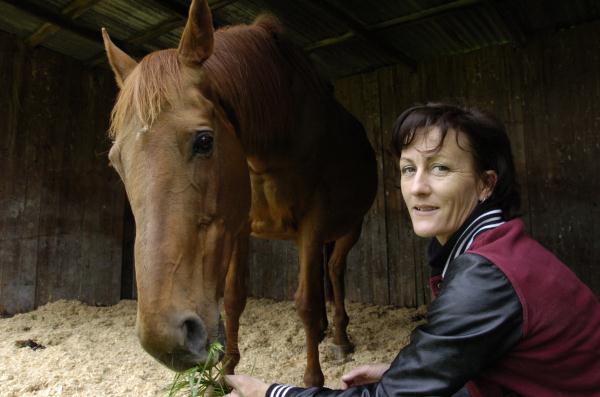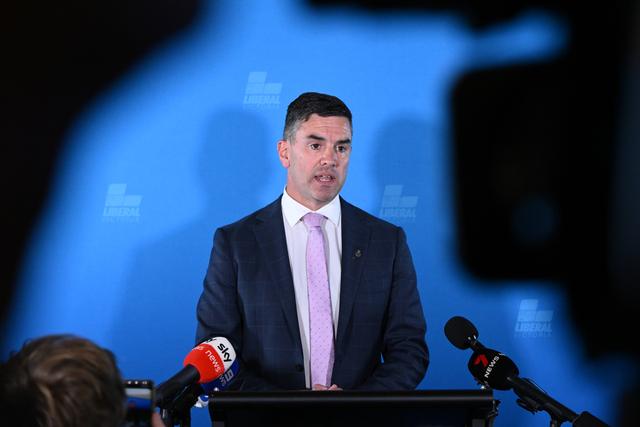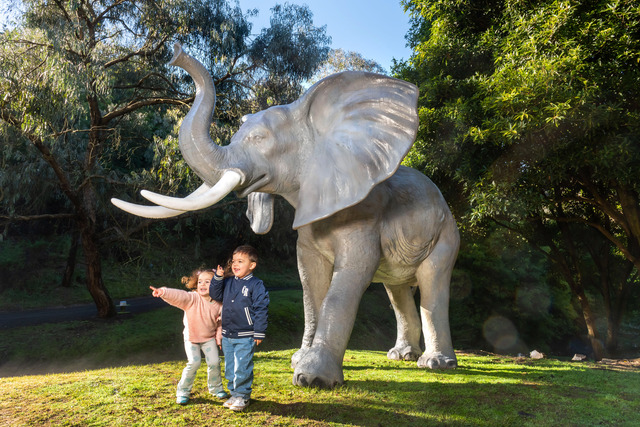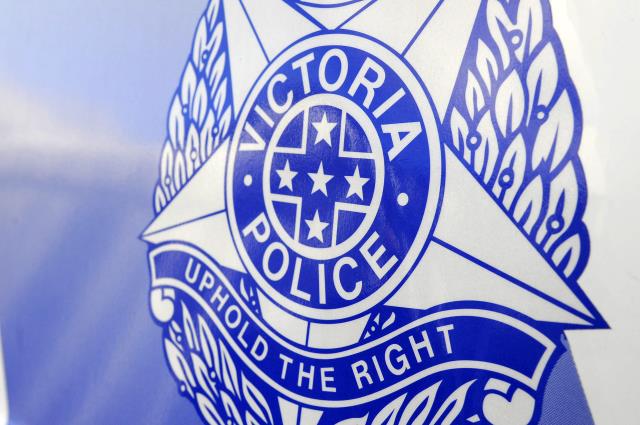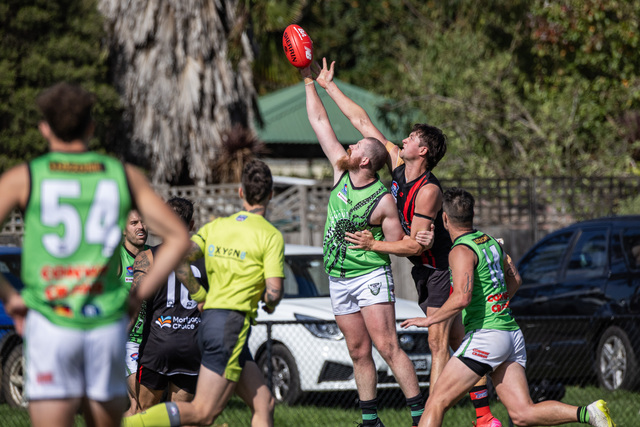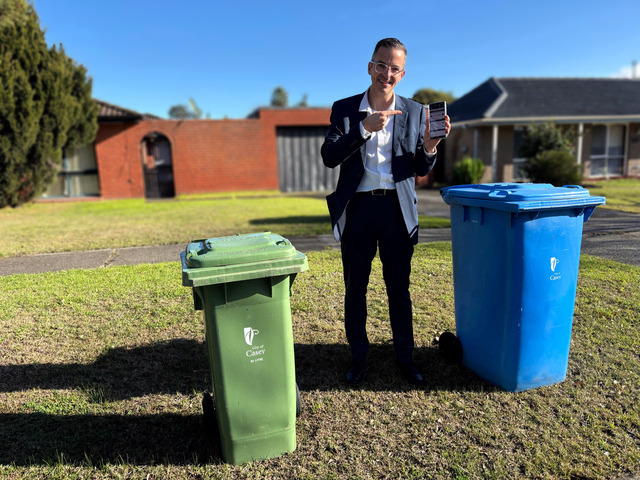By BRIDGET COOK
THE hurdles faced by women in the racing industry highlighted in a new campaign are nothing new to Cranbourne jockey Sally Wynne.
Last week the Australian Jockey’s Association (AJA) released it’s Racing for Equality report and kicked off a campaign to improve conditions for female jockeys.
The campaign outlines three key recommendations, with the main being for the Federal Government to fix a legislative glitch, where jockeys miss out on Paid Parental Leave because of safety restrictions on riding when pregnant.
Under federal law, women must have worked at least 10 of the 13 months before they have a baby to be eligible for financial support.
However, female jockeys are obliged to inform stewards of their pregnancy by the end of the first trimester and immediately stop riding.
Ms Wynne said it was unfair on jockeys to miss out on paid maternity leave because of this glitch.
“We are working and paying taxes like everyone else, so we should be able to get the same benefits,” she said.
“The current system is not fair for us at all.”
The two other recommendations highlighted in the Racing for Equality report are raising the standard for women’s jockey rooms and support once their career is over.
Ms Wynne said in her 23 years as a jockey, these had always been a problem.
“I have been complaining about female jockey rooms since I started,” she said.
“This is not new for me and it’s just not good enough.
“The rooms weren’t good enough 20 years ago, so they definitely aren’t good enough now.”
Ms Wynne said the lack of support for both female and male jockeys after their career was over was worrying.
“We dedicate our lives to this job, so when others are out doing work experience, applying for jobs and going to university, we are already doing our job,” she said.
“We lose that window of experience, which is not our fault as we have dedicated our lives to racing.
“There needs to be some sort of training in place for retired jockeys so they can go out there and find a new career path.”
Ms Wynne said the report was a step in the right direction.
“All these issues have been eating at me for a long time and I’m glad that now, something is being done about it,” she said.
“When I first started, I’d be lucky to have one or two other companions in the room.
“There are more and more females now so it’s good these issues are being addressed.
“Trainers and owners are accepting female jockeys now, and we are no longer a novelty.”
AJA chief executive Paul Innes said it was time the industry took a positive step forward in recognising the contribution female jockeys made to the racing industry and ensure that equal opportunity is afforded to all riders, regardless of their gender.
“It’s no secret that racing is a tough profession with the risk of injury or death every time a jockey rides,” Mr Innes said.
“But our female riders face an extra set of challenges such as the difficulty in accessing Paid Parental Leave, sub-standard jockey rooms at venues and lack of support beyond the race track.
“A quarter of jockeys – and almost half of apprentices – are female and while they are carving out a proud history of Australian female riders, they continue to face some serious hurdles to making racing a viable long-term career.”

